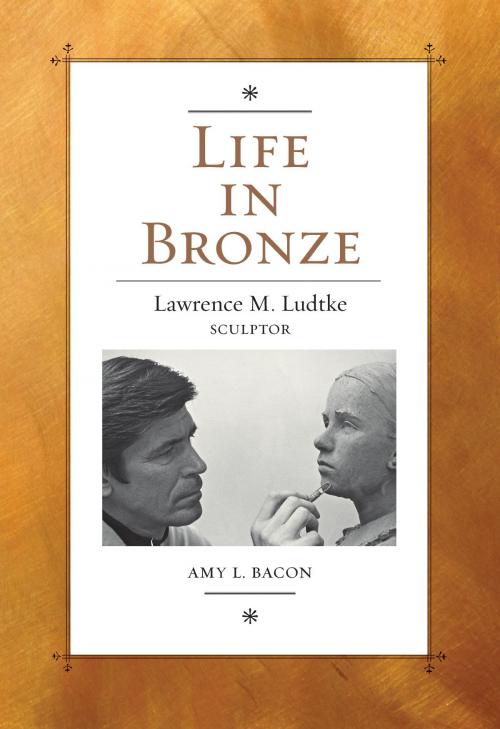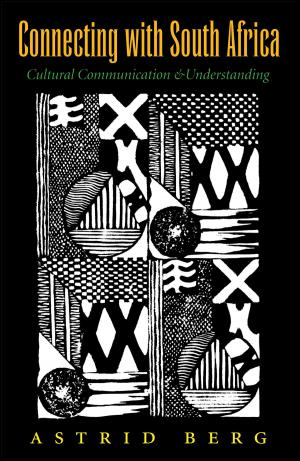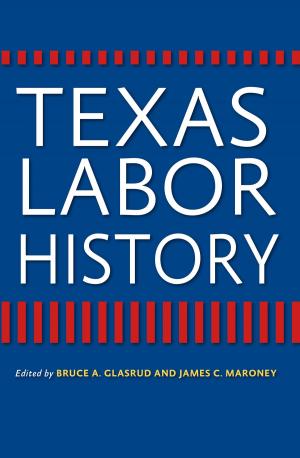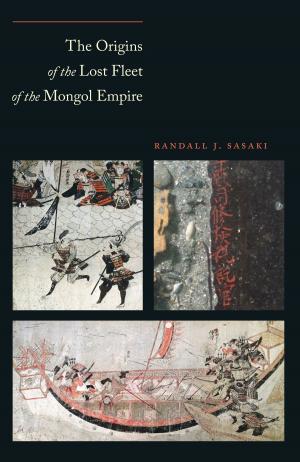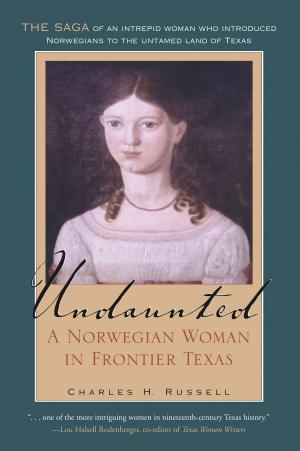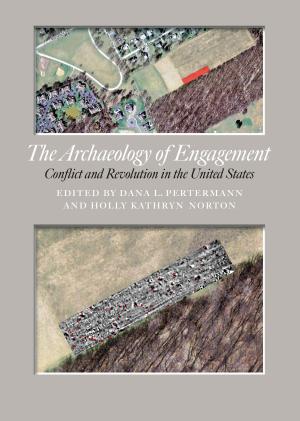Life in Bronze
Lawrence M. Ludtke, Sculptor
Nonfiction, Home & Garden, Crafts & Hobbies, Art Technique, Sculpture, Art & Architecture, General Art| Author: | Amy L. Bacon | ISBN: | 9781603449663 |
| Publisher: | Texas A&M University Press | Publication: | March 15, 2013 |
| Imprint: | Texas A&M University Press | Language: | English |
| Author: | Amy L. Bacon |
| ISBN: | 9781603449663 |
| Publisher: | Texas A&M University Press |
| Publication: | March 15, 2013 |
| Imprint: | Texas A&M University Press |
| Language: | English |
A disciple of Classical sculpture in a time of pervasive abstract modernism, Lawrence M. Ludtke (1929–2007) of Houston imbued his creations with a sense of movement and realism through his attention to detail, anatomy, and proportion.
As a skilled athlete who played professional baseball for the Brooklyn Dodgers organization, Ludtke brought to his art a fascination with musculature and motion that empowered him to capture the living essence of his subjects. As author Amy L. Bacon shows in this sensitive biography, Ludtke’s gentle humanity and sensitivity shines through his work; his sculpture truly projects character, purpose, and personality.
Ludtke, a Fellow in the National Sculpture Society (US) and a Corresponding Member of the Royal Academy of British Sculptors, became well-known for his portrait and figurative art. His works grace the halls and grounds of the United States Air Force Academy, Johns Hopkins Medical School, Rice University, Texas A&M University, CIA headquarters, the National Cowboy Hall of Fame, the Pentagon, Lyndon Baines Johnson Presidential Library, and the National Battlefield Park at Gettysburg, Pennsylvania. He has also created significant liturgical art, most notably a life-size Pietá for St. Mary’s Seminary in Houston and a Christ and Child for Travis Park Methodist Church in San Antonio.
Based on personal interviews with the artist as well as his family, friends, colleagues, and patrons such as H. Ross Perot, Life in Bronze: Lawrence M. Ludtke, Sculptor places Ludtke’s art within the context of the American figurative art tradition. The author explains how Ludtke was influenced by Italian-born Pompeo Coppini, whose monumental art has especially marked Texas and whose clay Ludtke inherited and used as his own favored modeling medium. Bacon meticulously details how Ludtke’s research into the lives and careers of his subjects was married to his attention to technique and talent. His own life story figures crucially in the creation of those character studies his sculptures so beautifully represent.
A disciple of Classical sculpture in a time of pervasive abstract modernism, Lawrence M. Ludtke (1929–2007) of Houston imbued his creations with a sense of movement and realism through his attention to detail, anatomy, and proportion.
As a skilled athlete who played professional baseball for the Brooklyn Dodgers organization, Ludtke brought to his art a fascination with musculature and motion that empowered him to capture the living essence of his subjects. As author Amy L. Bacon shows in this sensitive biography, Ludtke’s gentle humanity and sensitivity shines through his work; his sculpture truly projects character, purpose, and personality.
Ludtke, a Fellow in the National Sculpture Society (US) and a Corresponding Member of the Royal Academy of British Sculptors, became well-known for his portrait and figurative art. His works grace the halls and grounds of the United States Air Force Academy, Johns Hopkins Medical School, Rice University, Texas A&M University, CIA headquarters, the National Cowboy Hall of Fame, the Pentagon, Lyndon Baines Johnson Presidential Library, and the National Battlefield Park at Gettysburg, Pennsylvania. He has also created significant liturgical art, most notably a life-size Pietá for St. Mary’s Seminary in Houston and a Christ and Child for Travis Park Methodist Church in San Antonio.
Based on personal interviews with the artist as well as his family, friends, colleagues, and patrons such as H. Ross Perot, Life in Bronze: Lawrence M. Ludtke, Sculptor places Ludtke’s art within the context of the American figurative art tradition. The author explains how Ludtke was influenced by Italian-born Pompeo Coppini, whose monumental art has especially marked Texas and whose clay Ludtke inherited and used as his own favored modeling medium. Bacon meticulously details how Ludtke’s research into the lives and careers of his subjects was married to his attention to technique and talent. His own life story figures crucially in the creation of those character studies his sculptures so beautifully represent.
